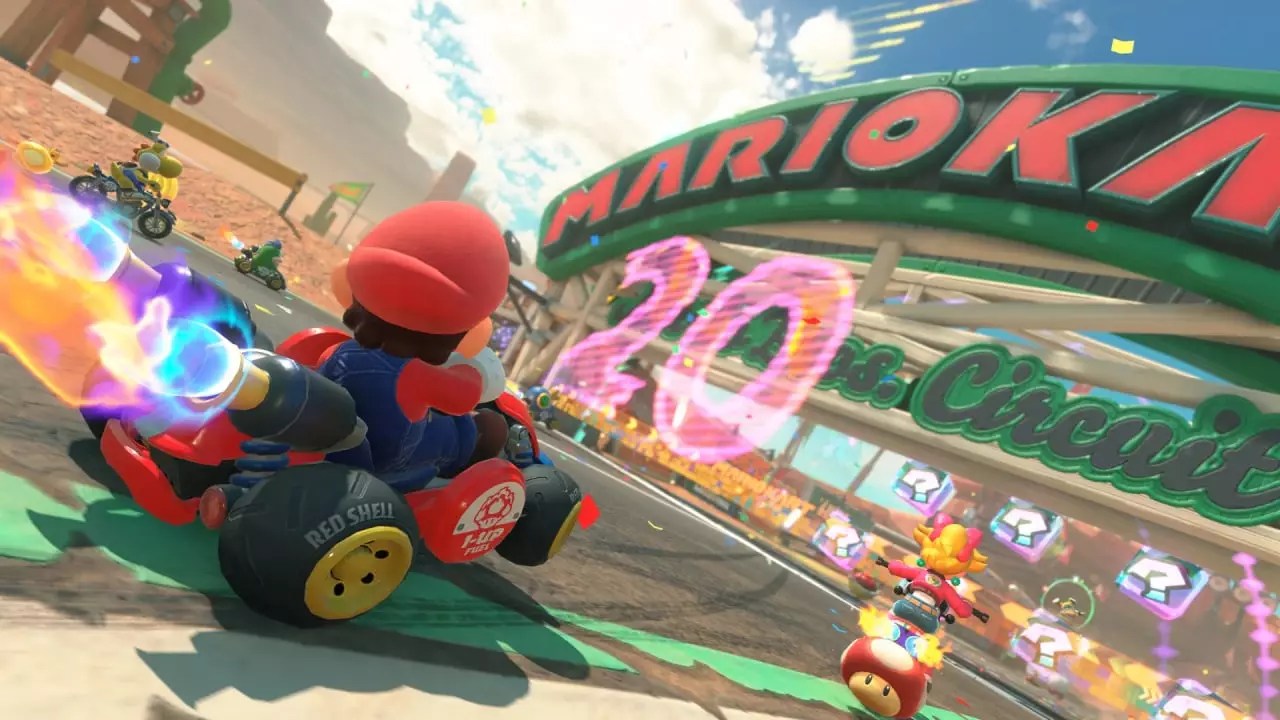With the impending release of the Switch 2, the buzz surrounding Mario Kart World, poised to be the flagship title at launch, speaks volumes about Nintendo’s strategic focus on accessibility and innovation in gaming. Nate Bihldorff from Nintendo of America aptly pointed out that Mario Kart embodies a unique quality by merging a welcoming entry point for casual gamers with the depth and skill required to satisfy competitive players. This delicate balance is crucial as it creates a universal appeal that can draw in both veteran gamers and newcomers alike.
The continued success of Mario Kart 8 Deluxe — having sold over 68 million copies on the original Switch as of early 2025 — underlines this phenomenon. It suggests that players are not just fans of the brand; they are enthusiastic, loyal supporters eagerly anticipating each new iteration. This kind of strong market appetite hints at a broader trend in gaming where family-friendly titles can thrive alongside more complex offerings, giving Nintendo an admirable position in the gaming landscape.
Revolutionizing Racing Games Yet Again
The claim that Mario Kart World has the potential to redefine the racing genre cannot be overstated. Bill Trinen’s comments reflect an ambition far beyond simple remakes or sequels. With Nintendo aiming to deliver experiences that highlight the Switch 2’s unique features, Mario Kart World appears poised to innovate in many ways. This includes potentially harnessing new technology for enhanced interactivity or graphics, but more importantly, it could elevate multiplayer experiences that have always been a hallmark of the franchise.
Moreover, considering the pricing to be set at $80 may initially raise eyebrows, it also signals Nintendo’s confidence in the title’s value. For many, the Mario Kart brand justifies the expenditure, given its established reputation for quality entertainment. This strategic pricing may also reflect a burgeoning trend in the gaming industry where premium titles command higher price points due to increased production costs and the continuous development of engaging content.
A Bridge Between Generations
One cannot overlook the emotional connection that many players have with the Mario Kart series. It transcends mere gameplay; it harkens back to childhood memories, family gatherings, and friendly rivalries. As Bihldorff noted, Mario Kart offers something for every type of gamer, which is vital for the Switch 2’s intended audience. It’s not just a game; it’s a social experience that invites gamers from varying backgrounds to join in on the fun.
Nintendo is leveraging this nostalgia while also pushing forward, fostering brand loyalty in the hopes that players who experience Mario Kart World will delve deeper into the expansive Nintendo ecosystem—potentially exploring titles from other cherished franchises like The Legend of Zelda or Metroid. This interconnectivity between games is where Nintendo excels, creating a web of experiences that keeps gamers engaged long after initial release windows.
Mario Kart World not only represents a possible success at the Switch 2’s launch but also encapsulates a transformative moment in gaming by reimagining how racing games can engage with players across the spectrum. Through a mix of it being an accessible yet profound experience, Nintendo is poised to solidify its legacy further in an ever-evolving gaming marketplace.


Leave a Reply